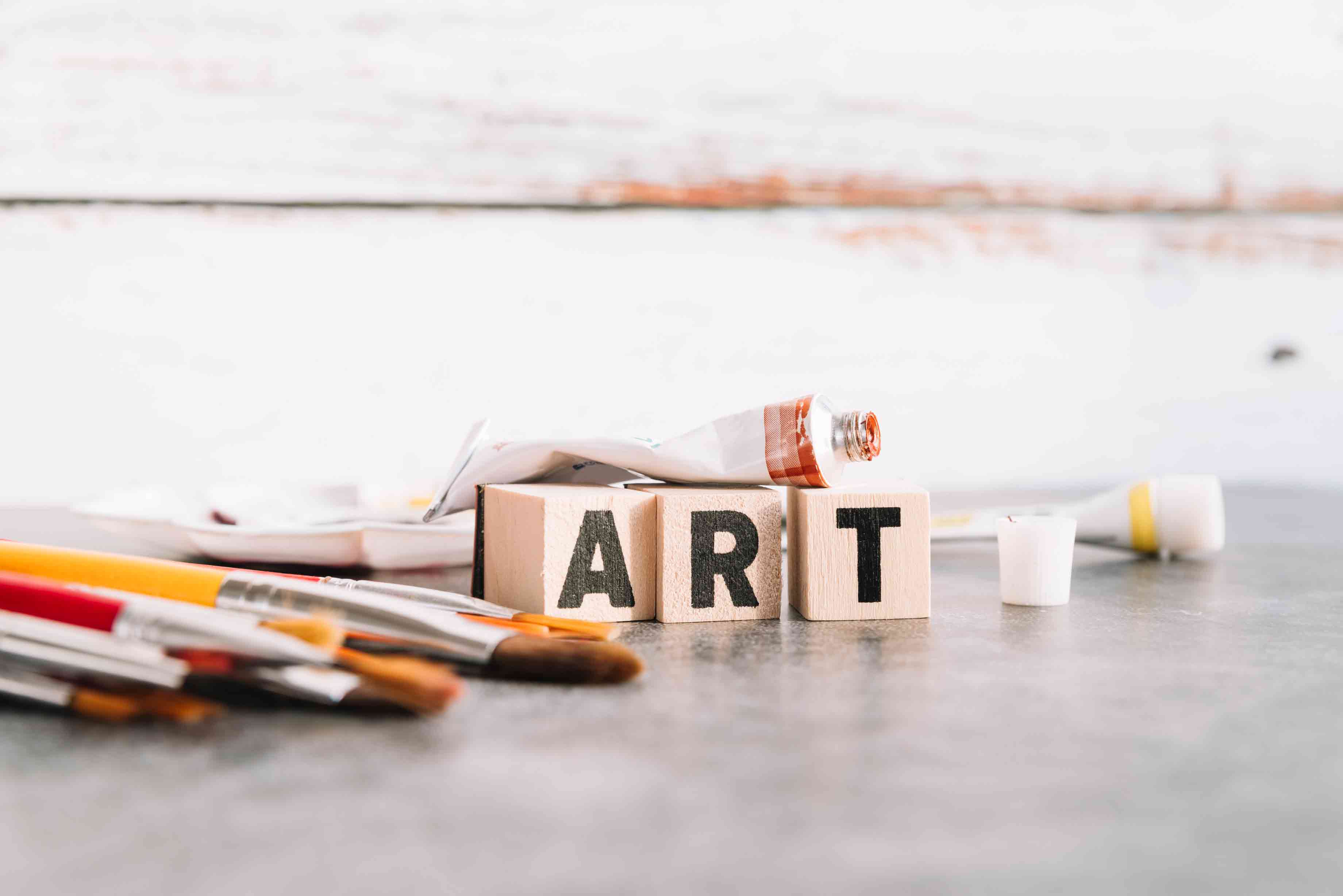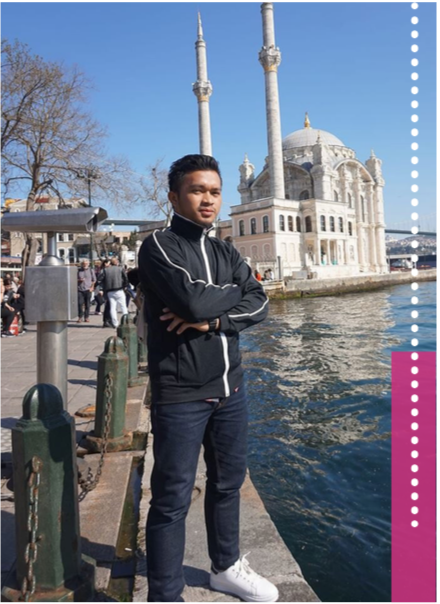Culture Hub
Art is the language of humanity

ART DEFINES HUMANITY
Anjianjei Constantine..Music for Development

Centuries ago, individuals, kingdoms, tribes, nations, and continents have rivaled one another through battles, wars, and contests for supremacy. Forms of art like painting, sculpture, architecture, music, theater, cinema, dancing, and other performing arts, as well as literature and other media such as interactive media, have been used to tell human stories and show advancements in civilizations across the world.
Of all the arts, music is a leading genre because it is universal and intriguing, and it has a direct and wide impact on itslisteners.
I have been playing music that promotes sustainable development for nearly 6 years now. My music reached hundreds of thousands and positively impacted young people, encouraging them to take a stance on the humanand societal issues addressed in my songs.
One of my songs, “D.I.E.LOGUE”, which addresses the urgent need for an inclusive dialogue to end the ongoing war in the English speaking regions of Cameroon, has inspired many young people who had opted for extremism to drop their weapons and opt for political dialogue. Because of the impact of music on the masses, governments and power mongers take systematic measures to either censor or promote those with messages that have influence of their interests.
As it stands, musicians like myself who have decided to make positive music that impacts society find it difficult to fund their projects because, unlike mainstream commercial music, it seems a risky venture to music executives who do not want to fall in the drag net of repressive regimes.
There is, therefore, an urgent need for synergies of musicians of my kind, plus some kind of institutional funding framework, to promote such unique initiatives.
Augsburg Habila.. Using art to resolve conflicts

Art, in my perspective, can be considered as entertainment. It is the expression of the self through various means, such as music, painting, poetry, dancing, and many more. It has been present for sometime to support the functionality of humans. In many situations, there is a motivation for artistic work, but in other situations, there isn’t. Art soothes the soul and allows easy communication of philosophical, spiritual, or political ideas. It is the only universal language.
Throughout history, humans have been known to lean towards conflict, which caused disruption of development across various places. The fact that art is a universal language, played a unifying role of reconciling conflicting parties whenever there is disagreement.
A good example of this is the photograph of the Syrian child who thought the camera was a weapon and surrendered. The picture was trending online for some time, emotionally impacting a lot of people. Likewise, the World Youth Forum carries out a similar function by creating the World Youth Forum Theater, where I had the chance to perform in front of a large audience of young people, preaching the message of peace and love. After my performance with a group of artists from different parts of the world, I received feedback on my social media platform regarding the great extent our music performance had.
Art continues to allow us to express emotions and to unite us, especially as many parts of the world witness conflicts.
Didi Admanur…When Art triggers humanity

As an artist and an art educator, all I can say is that art makes us feel. It reflects our humanity, because we see ourselves and what we are, flesh and soul. It is what makes us human. So why are there many attempts to take it away from the public and make it unreachable and a luxury, when everyone has the right to feel that connection? Technically, art is important because it is what brings meaning and purpose to humanity. Therefore, art is one of the humanities. But for purposes of grouping disciplines and critical study, “the arts” stand apart on grounds of their creative emphasis. Studies of art history, drama, literature, and even music are often included among humanities, while, for instance, art and music creation, theatre, dancing, and creative writing might be grouped separately as arts. Art comes from the human need to express emotions and connect with oneself and other people. It is a language on its own, a universal one, with no language barriers across the entire human race. Art made by humans speaks to humans and can be studied by humans.
